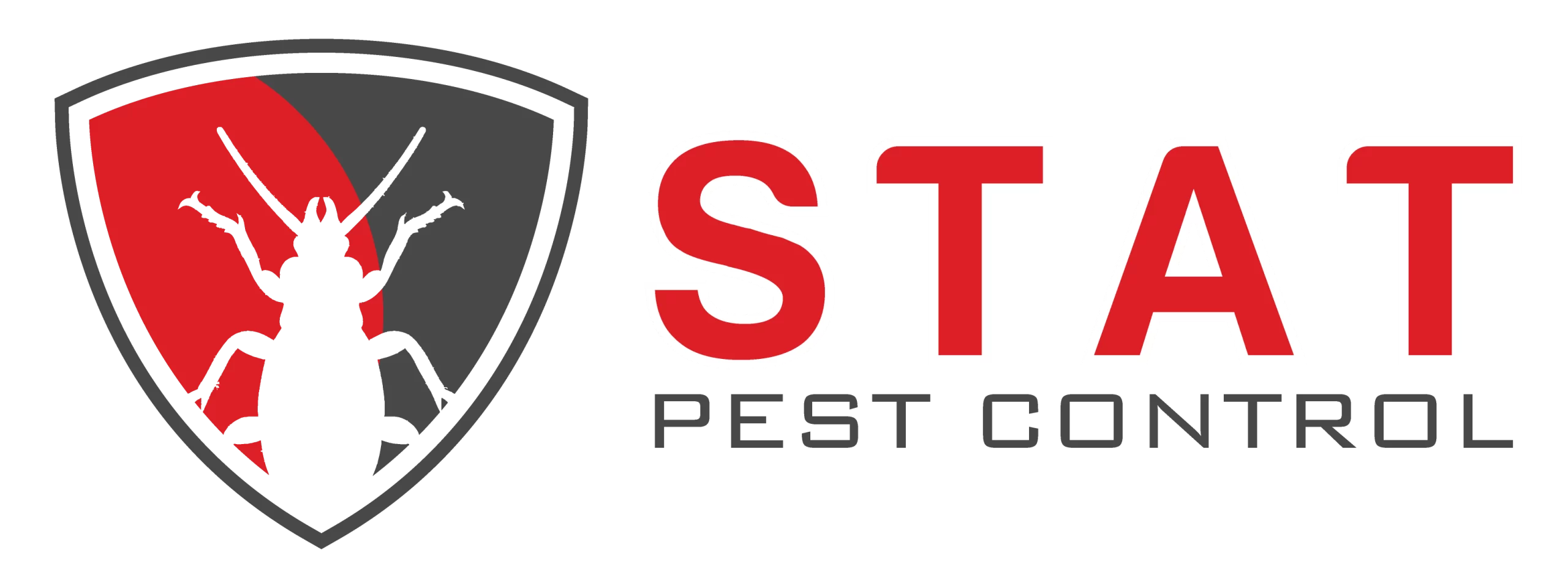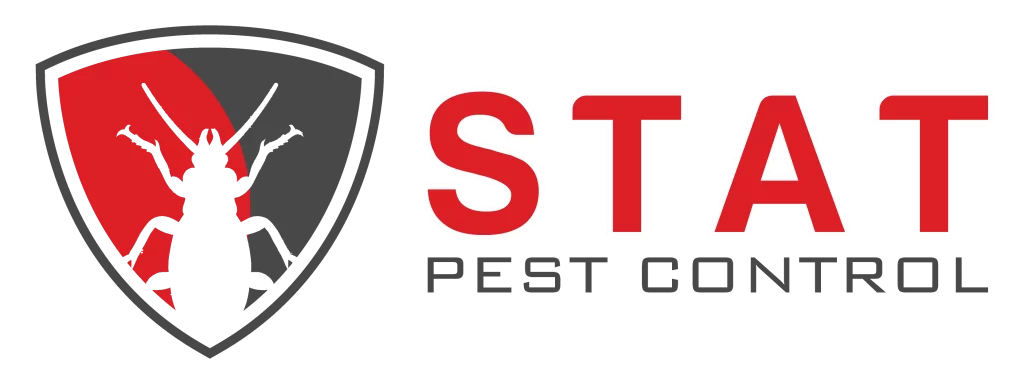Ticks are carriers of diseases that could get you or your pet sick. Spending time outdoors shouldn’t have to result in the health risks that ticks can bring onto your property. Learn how to avoid ticks and get rid of them once and for all. Stat Pest Control offers effective Fort Myers pest control to safely get rid of ticks.

Why Ticks In Fort Myers Are Dangerous
Often encountered throughout the warmer months of April through September, ticks in Fort Myers are more dangerous than most people are aware of. Although small, they can carry a variety of serious diseases with them. Tick bites are usually described as painless, but that doesn’t mean that you can’t get sick. While biting you and sucking your blood, ticks can infect you with diseases such as:
- Rocky Mountain spotted fever (RMSF): A deadly bacterial disease that causes a fever, headache, and rash, RMSF can kill if not treated early with the right antibiotic.
- Lyme disease: Lyme disease is a serious bacterial infection that affects both humans and animals. Lyme disease is the most common tick disease in the United States and is carried primarily by black-legged/deer ticks.
- Anaplasmosis: This is a bacterial disease transmitted to people by black legged ticks (deer ticks). Black-legged/deer ticks are the same ticks that transmit Lyme disease.
- Tularemia: Tularemia is a potentially serious disease that occurs naturally in the United States transmitted by American dog ticks.
- Borrelia mayonii: An illness similar to Lyme disease, this is only found in patients exposed to black-legged ticks.
- Borrelia miyamotoi: This is an illness in humans similar to tick-borne relapsing fever, distantly related to the bacteria that causes Lyme disease.
- Powassan virus: This tick-borne virus can cause severe disease, including infection of the brain (encephalitis) or the membranes around the brain and spinal cord (meningitis). This illness is fatal for an estimated 1 out of 10 people with Powassan virus.
- Ehrlichiosis: Ehrlichiosis causes flu-like symptoms, including fever, muscle pains, and headache.
- Babesiosis: Babesiosis is a protozoan infection and a serious disease caused by microscopic parasites which have infected red blood cells.
The dangers of tick bites should not be taken lightly. Be sure to seek medical attention if you believe that you’ve been bitten by a tick.
Why Quick Tick Identification Is Vital
There are a few different kinds of ticks, and tick identification is vital so that you know what diseases you are at risk for if bitten. Of the vast array of tick species found across the globe, only a handful bite and transmit disease to people. Of those few species, different ticks transmit different illnesses.
It’s important to note that adult ticks will be the easiest to identify while nymph and larva ticks are too small to identify in most cases. Additionally, male and female ticks of the same species usually appear different.
Types of ticks include:
- American dog tick/wood tick: Can transmit tularemia and Rocky Mountain spotted fever. Adult females are most likely to bite humans, and you are most likely to get bitten during spring and summer.
- Black-legged tick: Can transmit Lyme disease, ehrlichiosis, Powassan virus, and more. The highest risk of being bitten is in the spring, summer, and fall. Nymphs and adult females are the most likely to bite humans.
- Brown dog tick: Can transmit Rocky Mountain spotted fever. Dogs are the primary host, but this tick may also bite humans or other mammals.
- Gulf coast tick: Can transmit Rickettsia parkeri rickettsiosis, which is a type of spotted fever. Larvae and nymphs tend to feed on birds and small rodents, and adult ticks usually feed on deer and other wildlife.
- Lone star tick: Can transmit bourbon virus, human ehrlichiosis, Heartland virus, tularemia, and STARI. This is an aggressive tick that often bites humans. Identify an adult female by a white dot or “lone star” on her back. Additionally, nymphs and adult females most frequently bite humans and transmit disease.
- Rocky Mountain wood tick: Can transmit Rocky Mountain spotted fever, Colorado tick fever, and tularemia. Adult ticks usually infect humans.
- Western black-legged tick: Can transmit anaplasmosis, Lyme disease, and hard tick relapsing fever. Nymphs and adult females are most likely to bite humans, but rates of infection are low.
Try familiarizing yourself with pictures of different kinds of ticks so that you know how to identify any ticks that you may spot in your yard.
Things You Can Do Right Now To Avoid Ticks
Luckily, there are a few tricks you can implement to avoid ticks. For tick prevention, try these tips:
- Wear long-sleeved shirts and long pants when outdoors.
- Check your skin thoroughly after being outside or in the woods. Be sure to check under arms, in and around ears, inside the belly button, back of knees, in and around the hair, between legs, and around the waist.
- Thoroughly check your clothing for ticks.
- Immediately shower after spending time outside.
- Consistently remove dead leaves and debris from the yard.
- Know where you can expect ticks (grassy, bushy, or wooded areas, or on an animal/pet).
- Use EPA-registered repellent.
These parasitic pests are hard to avoid, but these tips can help you prevent them from biting you and taking your blood.
Benefits Of Professional Tick Control In Fort Myers
The benefits of enlisting the help of a professional tick control company in Fort Myers far outweigh the convenience of attempting to control ticks on your own. Professional pest control from Stat Pest Control is cost-effective, ensures your safety and satisfaction, and uses effective tick protection and eradication methods.
If you’re in Fort Myers and need a hard-working pest control company that truly cares about its customers, call Stat Pest Control for a free estimate today!



